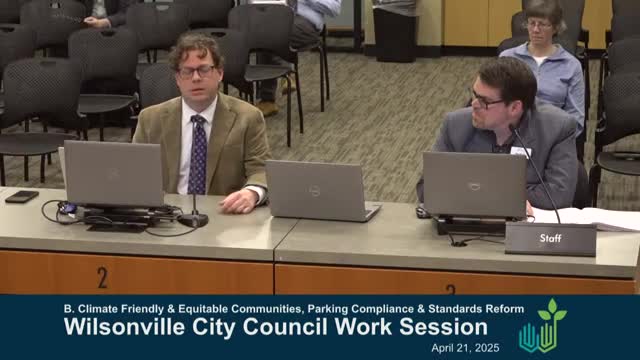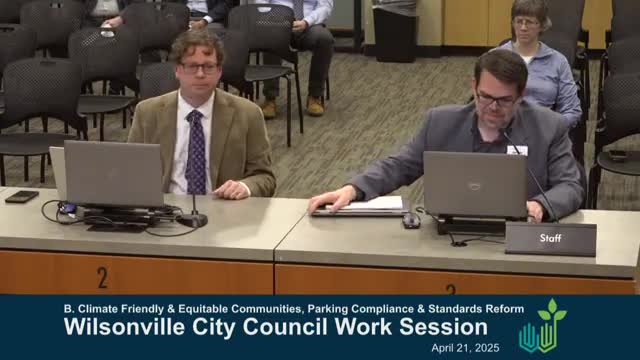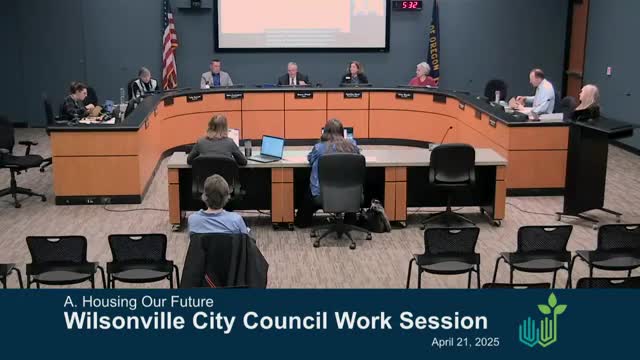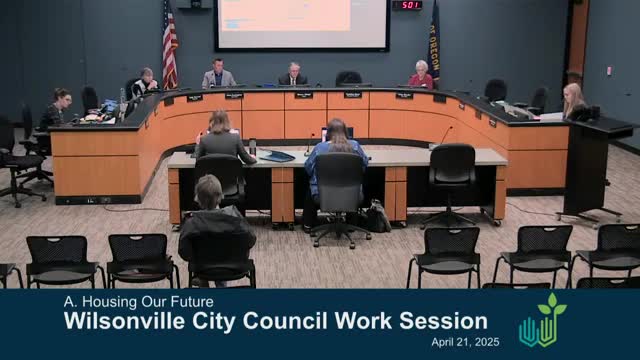Article not found
This article is no longer available. But don't worry—we've gathered other articles that discuss the same topic.

Tualatin Valley Fire & Rescue reports surge in wildfire deployments, pilots new community paramedicine and nurse navigation programs

Wilsonville staff propose steep near‑term sewer and stormwater rate increases to fund $243M capital plan; council asks for alternatives

Council keeps to Option 1 on state CFEC parking rules, staff to remove citywide minimums and refine lot‑design standards

